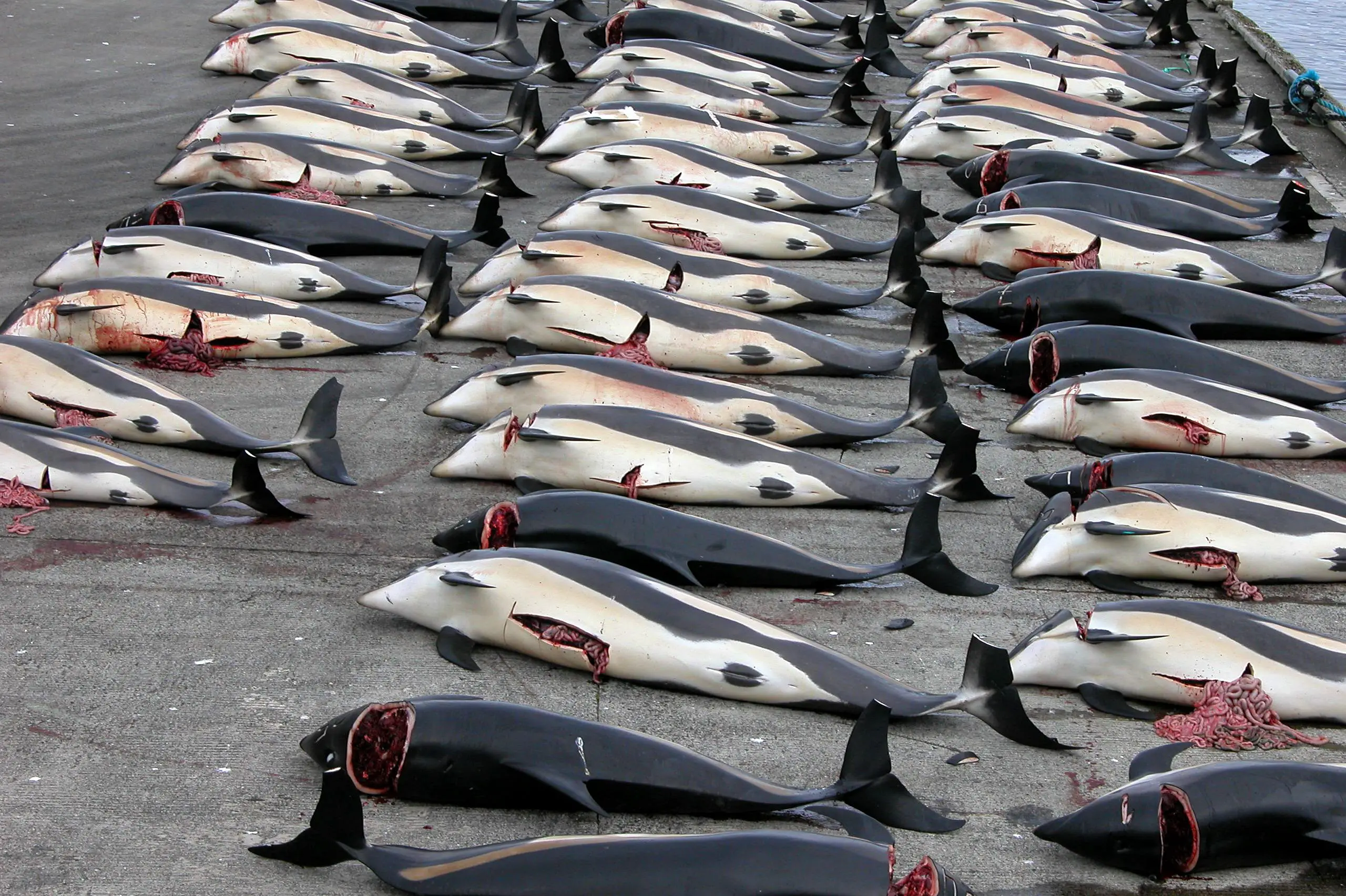In February
2019, Icelandic authorities announced their plan to kill more than 2,000 whales
over a five-year period. Because the global demand for whale meat is declining,
the trade is considered to be inhumane, and the conservation argument has
flaws, environmentalists are enraged by the development.
Every year
until the year 2023, whalers will be authorized to harpoon 209 fin whales and
217 minke whales in Icelandic waters. The move was approved, despite falling
public support for whaling in Iceland.
The nation’s
fisheries minister, Kristjan Thor Juliusson, claims the numbers are sustainable
and based on “the latest scientific research.” In a statement, the government
cited the economic benefits of whaling, as well as official figures revealing
how populations of the once endangered fin whale are reviving. “During the most
recent count in 2015, their population in the central North Atlantic was
estimated at 37,000, or triple the number from 1987,” the statement reads.
But
activists and conservationists disagree. The Icelandic Environmental
Association, specifically, criticized the research on which the Fisheries
Ministry based its quotas. And, the Whale and Dolphin Conservation (WDC), an
organization dedicated to protecting whales around the world, said whaling is
no longer beneficial to the country’s economy.
“This is a
country that’s embraced whale watching and has a different relationship with
whales now,” said WDC spokesman Chris Butler-Stroud. “The reality is, the whale
meat that’s being consumed there is mostly by tourists, unfortunately. … If it
was down to local consumption, this probably would be dead in the water.”
Last year,
Iceland was the center of a controversy after two rare blue/fin whale hybrids
and at least a dozen pregnant females were killed in its waters. Activists
believed change would finally occur, as a result. But, no such luck. “The
Icelandic government’s decision to continue to kill whales – amongst the most
peaceful and intelligent beings on the planet – is morally repugnant as well as
economically bankrupt,” said Vanessa Williams-Grey, a campaigner for the Whale
and Dolphin Conservation.
In 1986, the
International Whaling Commission (IWC) placed a ban on commercial whaling.
Despite being a member of the IWC, Iceland has continued to hunt whales with
its own quotas. Japan also a loophole that allows killing whales for scientific
purposes to bypass the International Whaling Commission ban.
“It is well
known that overexploitation by the whaling industry led toserious declines in
many of the world’s populations of whales. … Many are now in the process of
recovering, although not all,” says the IWC website.

Comments
Post a Comment